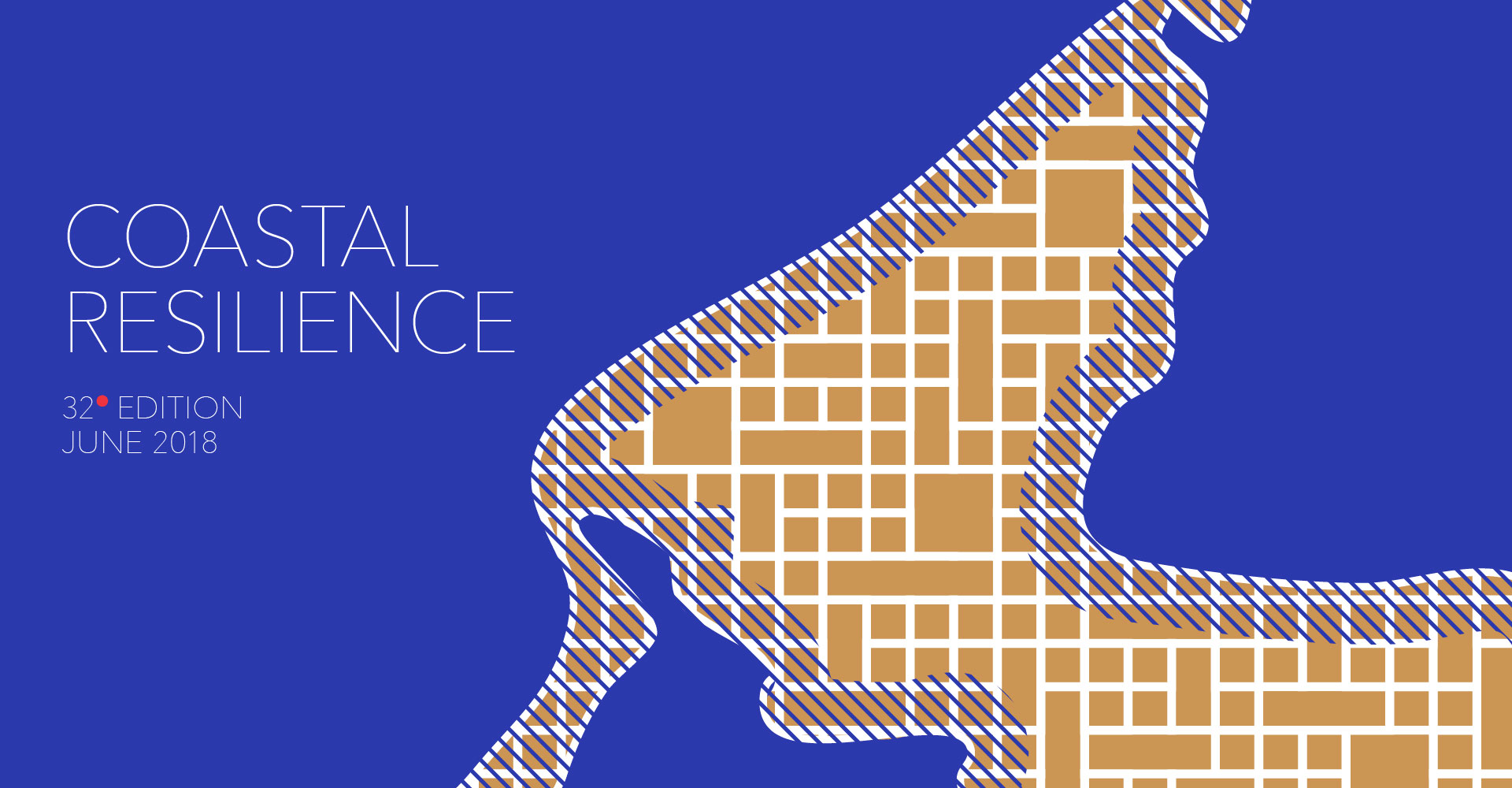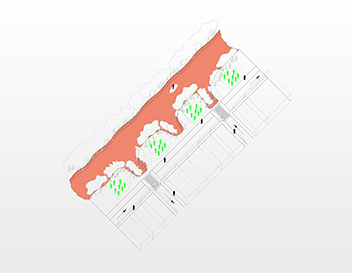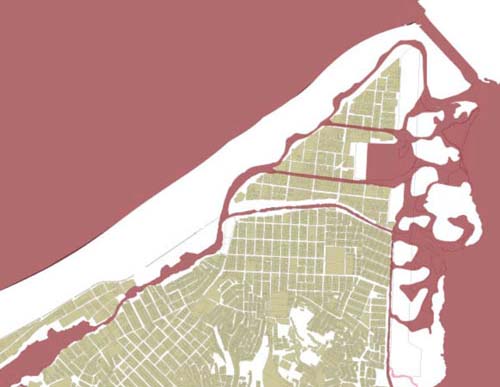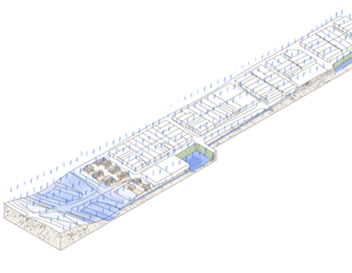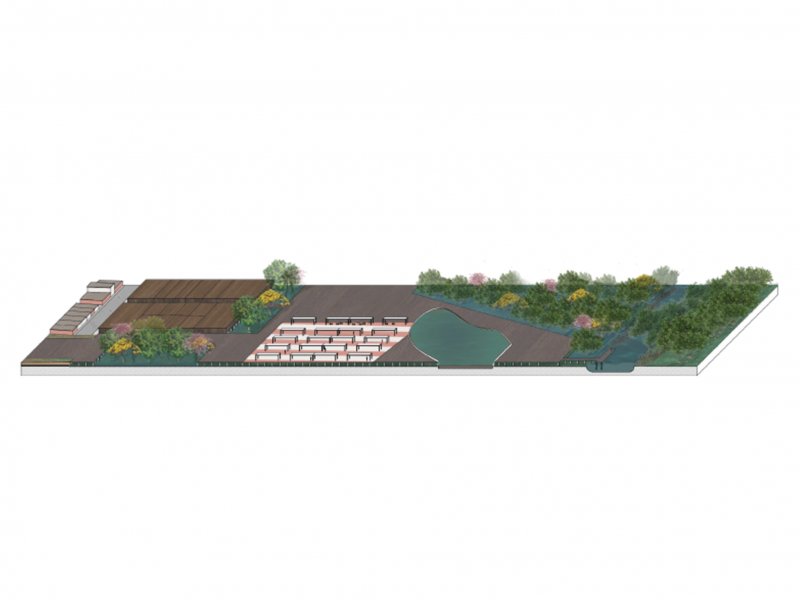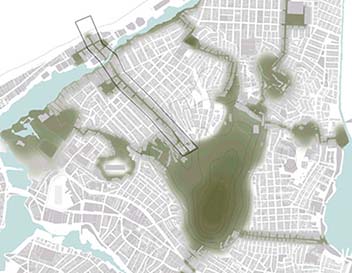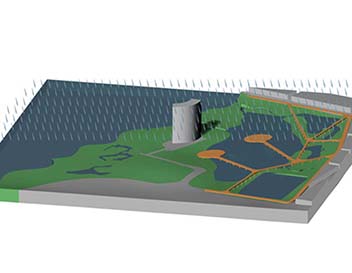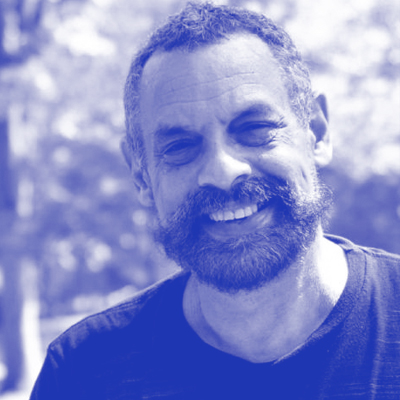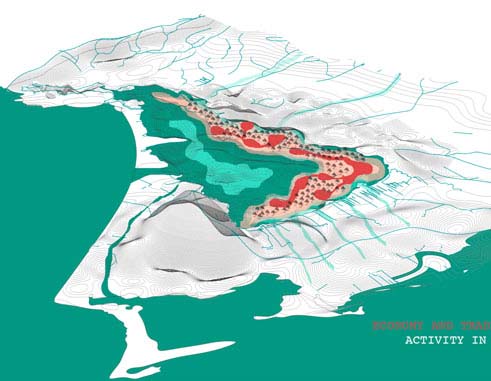
The Cartagena International Architecture Studio, organized by the Universidad de Los Andes, will propose future scenarios for the development and protection of the city. The design studio will focus on coastal resilience and will provide opportunities for architects, planners and landscape architects to develop projects at the regional and local scales. Through design exercises, the studio will give back to Cartagena a new set of ideas that will help the city gain awareness of the fact that its natural heritage is part of its main system of protection and resilience.

David Gouverneur
His professional practice focuses on urban plans and projects for historic districts, the rehabilitation of areas affected by extraordinary natural events, new centralities and mixed use districts, improvement of existing informal settlements and planning ahead for emergent informal occupation, tourism/recreational areas, and the rehabilitation of cultural landscapes.
His work engages different actors involved in important issues affecting the urban arena, particularly addressing social inequalities, environmental problems and cultural erosion.
His research focuses on the notion of Informal Armatures, an alternative method to address the rampant urbanization in developing countries. Informal Armatures may prove to be a powerful tool to foster the sustainable growth of informal settlements, as the dominant form of territorial occupation in the developing world. The ideas are condensed in his most recent publication, Planning and design for New Informal Settlements: Shaping the Self-constructed city, Routledge, 2015.
He frequently offers cross-disciplinary design studio courses addressing, social, environmental, cultural and economic issues in developing countries, mainly in Latin-America and Africa. Field trips to the selected sites include working sessions/charrettes with local planning authorities, politicians, community leaders and universities. The products of such studios are frequently shared with the host cities to induce further discussion and changes in local policies.
Adapted from www.design.upenn.edu

Miriam Garcia Garcia
She is a Ph.D in Architecture, a landscape architect, a town planner and urban designer, and principal of LANDLAB, based in Barcelona. She has been visiting professor at The University of Pennsylvania (US), Universidad Pontificia Bolivariana (CO) and the Polytechnic University of Milan (IT), as well as in several Spanish universities. Currently she is the Director of the Landscape Architecture Degree at the University Camilo José Cela in Madrid, and professor at the Master in Landscape Architecture Barcelona of the Polytechnic University of Calalunya and the Master in Urban Planning and Regional Studies of the National Institute of Public Administration, and is author of several publications. Her practice focuses on urban design and regional planning from the perspective of landscape and resilience, with projects awarded both nationally and internationally like the First Prize in the XII Biennial of Spanish Architecture and Urbanism. Her professional expertise so far is a combination of the skills acquired while working in a regional government institution coupled with research and private practice. Her current motivation is to expand and share this knowledge to address pressing ecological and social challenges affecting fragile areas exposed to the most emblematic condition of the Anthropocene: global warming.
Taken from landlab.es








